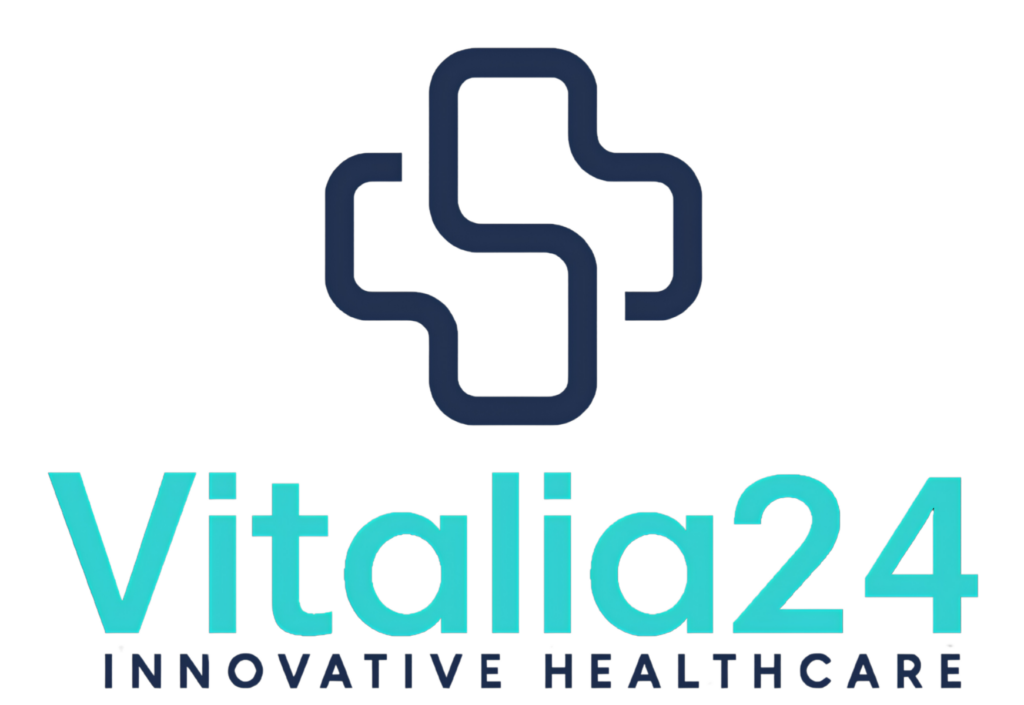Stem Cell Therapies for Neurological and Chronic Conditions
In recent years, Stem Cell Therapy for chronic diseases has emerged as a groundbreaking innovation in the field of regenerative medicine. From chronic diseases like diabetes and multiple sclerosis (MS) to neurological disorders such as autism and stroke recovery, this innovative treatment method has captured the attention of researchers, medical professionals, and patients alike.
But what exactly is Stem Cell Treatment, and what types of stem cells are used in these therapies?
Stem Cell Treatment, also known as Stem Cell Therapy, involves the use of stem cells to promote the repair, replacement, or regeneration of damaged or diseased tissues. Stem cells are unique because they have the ability to develop into different types of cells in the body and can self-renew, making them invaluable for medical applications.
Understanding the Types of Stem Cells
Stem cells are usually classified based on their source and their differentiation potential.
These are the main types of stem cells:
- Adult Stem Cells (ASCs): Found in tissues like bone marrow and fat; multipotent and more limited in differentiation potential compared to ESCs.
- Perinatal Stem Cells: Derived from perinatal tissues, including the placenta, umbilical cord blood, and amniotic fluid.
Every kind of stem cell has distinct qualities and possible uses in research and therapy. Their capacity for distinction and ethical issues varies, which affects how they are applied in clinical and research contexts.
1. How MSC Stem Cell Therapy helps Treat Autism
Autism Spectrum Disorder (ASD) affects millions worldwide, causing challenges in communication, behavior, and social interaction. Stem Cell Therapy aims to address underlying neurological inflammation and improve brain function. Mesenchymal Stem Cells (MSCs), known for their anti-inflammatory and regenerative properties, are commonly used in autism treatments. While research is still in its early stages, clinical trials have shown improvements in behavior, communication, and cognitive functions for some patients.

2. Stem Cell Approaches for Multiple Sclerosis (MS)
Multiple sclerosis is an autoimmune disease that damages the central nervous system. Stem Cell Therapy, particularly hematopoietic stem cell transplantation (HSCT), has shown promise in halting disease progression and repairing damaged nerve tissue. HSCT involves rebooting the immune system by replacing it with healthy stem cells. Several studies have demonstrated that this treatment can lead to long-term remission in MS patients.
3. Combating Diabetes with Stem Cell Therapy
For diabetes patients, Stem Cell Therapy offers hope for insulin independence. Therefore, researchers are developing methods to generate insulin-producing beta cells from stem cells. These cells can be transplanted into the pancreas to restore normal insulin production. This approach is especially beneficial for Type 1 diabetes, where the immune system attacks beta cells.
4. Stroke Recovery with Stem Cell Treatment
Stroke is a leading cause of disability, and recovery often involves lengthy rehabilitation. For that reason, Stem Cell Therapy aims to regenerate damaged brain tissue and enhance recovery. Neural stem cells and MSCs are commonly used for this purpose. Studies indicate that these treatments can improve motor skills, cognitive function, and overall quality of life for stroke survivors.
Learn more about our advanced Stem Cell Treatments.
Conclusion
Stem Cell Therapy represents a revolutionary approach to treating complex diseases like autism, multiple sclerosis, diabetes, and stroke. With ongoing advancements in research and clinical trials, the future of regenerative medicine looks promising. Patients and caregivers should consult with healthcare professionals to understand the potential benefits and risks of stem cell treatments for their specific conditions.
If you’re exploring treatment options or simply want to stay informed, contact Vitalia24 for more information.



